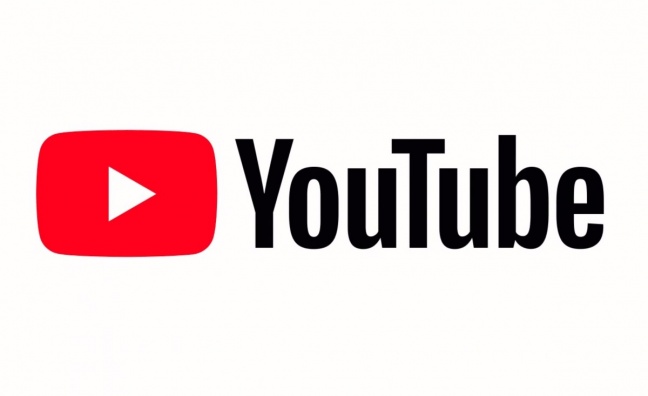What does YouTube CEO Susan Wojcicki think of the music business?
Well, her latest public statement, via the now time-honoured YouTube tradition of a blog post, pledges to be “an update on my 2019 priorities”. And, reading between the lines, music doesn’t necessarily appear to be high on her list.
That’s in part because this particular blog is aimed squarely at the concerns of YouTubers rather than rights-holders or musicians, of course. But music and the way it’s used still pops up, just usually seen through the lens of the platform’s own “creators” rather than the people making it.
Of course, Wojcicki weighs in on the Copyright Directive again (she had previously claimed the Directive, finally passed by the European Parliament in March, would put the “growing creative economy at risk”), pledging to “continue to stand up and speak out for open creativity”.
“We are still very concerned about Article 13 (now renamed Article 17) — a part of the Copyright Directive that recently passed in the EU,” she said. “While we support the rights of copyright holders – YouTube has deals with almost all the music companies and TV broadcasters today – we are concerned about the vague, untested requirements of the new directive. It could create serious limitations for what YouTube creators can upload. This risks lowering the revenue to traditional media and music companies from YouTube and potentially devastating the many European creators who have built their businesses on YouTube.
“While the Directive has passed, there is still time to affect the final implementation to avoid some of the worst unintended consequences,” she warned. “Each EU member state now has two years to introduce national laws that are in line with the new rules, which means that the powerful collective voice of creators can still make a major impact. This is not the end of our movement but only the beginning”.
Such rhetoric may irk the music trade bodies that campaigned so hard for the Directive, but it has become expected, and it remains to be seen whether it has any more effect at national level than it did on MEPs.
But while that might attract the music biz’s attention, other elements of Wojcicki’s blog suggest YouTube could be subtly-but-significantly shifting away from having music as a key driver of its traffic in favour of other content generators.
YouTube Music only warrants a small mention – Wojcicki crediting the app with helping “musical artists big and small reach new audiences internationally”. But when it comes to the wider platform of YouTube itself, she pledges plenty of support for YouTubers.
Elements of Wojcicki’s blog suggest YouTube could be subtly-but-significantly shifting away from having music as a key driver of its traffic in favour of other content generators
So, in response to YouTube creators complaining that they’re under-represented, her blog makes a commitment that half of the videos on the key YouTube Trending tab – which highlights rapidly growing viral content – will soon come from YouTubers (“with the remainder coming from music and traditional media”).
Music companies and YouTube have long been in dispute over precisely how much of the site’s traffic comes from music videos, although nine of the Top 10 most-watched YouTube videos of all time are music videos, and fresh promos from Ariana Grande to BTS to Taylor Swift regularly set new 24 hour benchmarks. Will that change if YouTube begins to give its own content more prominence?
Wojcicki also says she will look into the “issue” of “our Manual Claiming system increasingly being used to claim very short (in some cases one second) content or incidental content, like when a creator walks past a store playing a few seconds of music”. That will make vloggers’ lives easier, although how rights-holders might feel about it is not addressed.
Of course, Wojcicki’s intention may be to try and push music consumption in all its forms in the direction of YouTube Music’s subscription service, to the ultimate benefit of artists, songwriters and labels alike. Global head of music Lyor Cohen has done a fine job of convincing the biz that YTM is onside with artists and rights-holders alike.
But Wojcicki’s statement that “We are exploring improvements in striking the right balance between copyright owners and creators,” still sounds potentially significant.
After all, where that balance ultimately ends up will prove crucial for the future relationship between YouTube and the music industry. The biz will await her next blogpost with interest…











